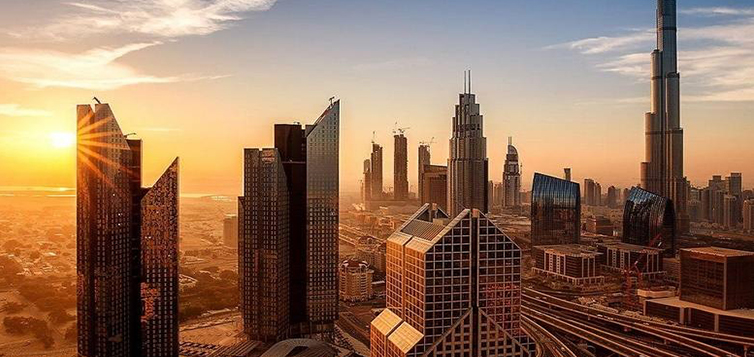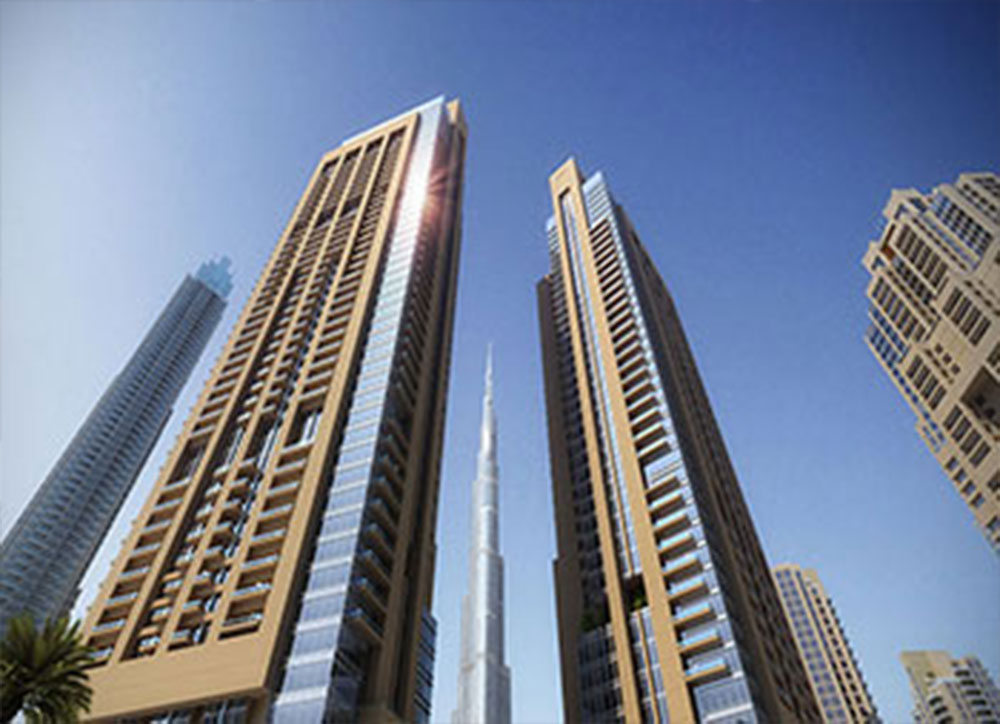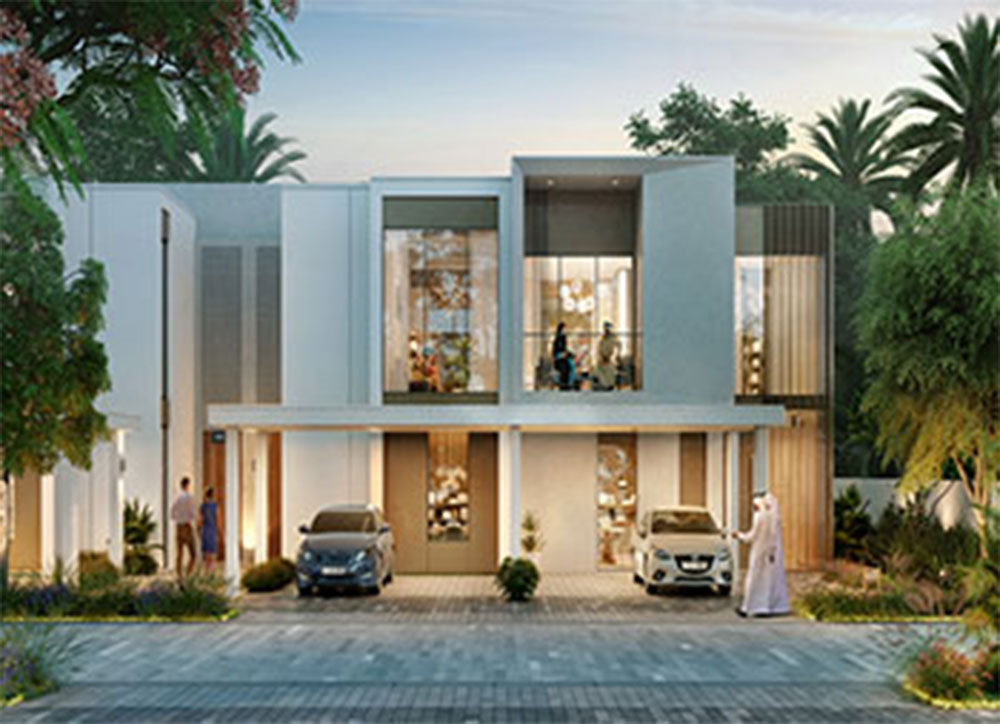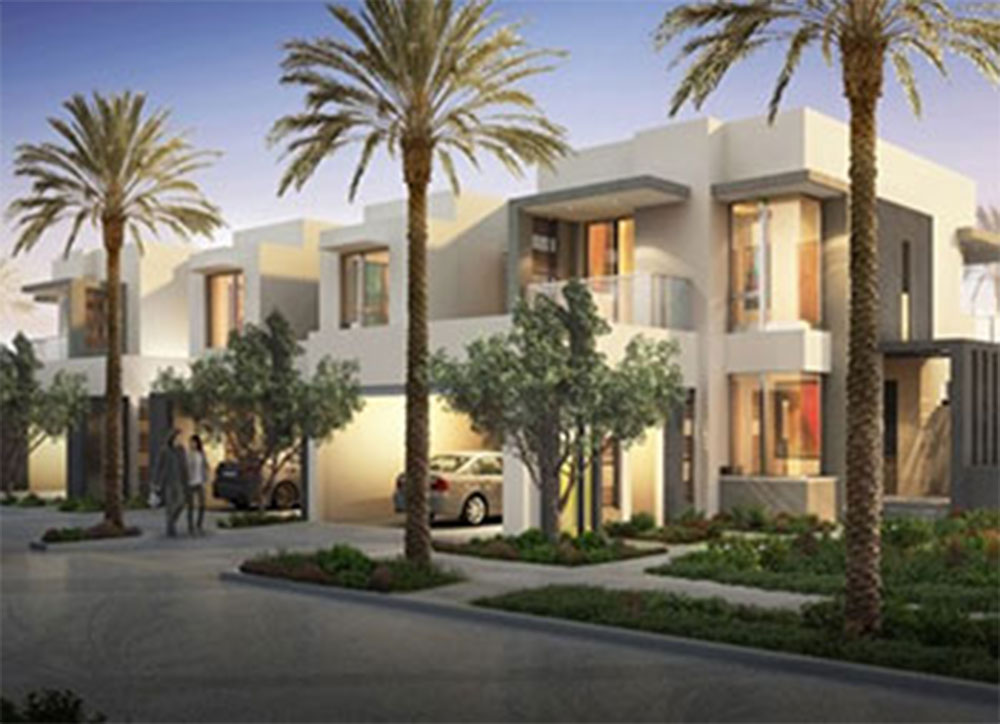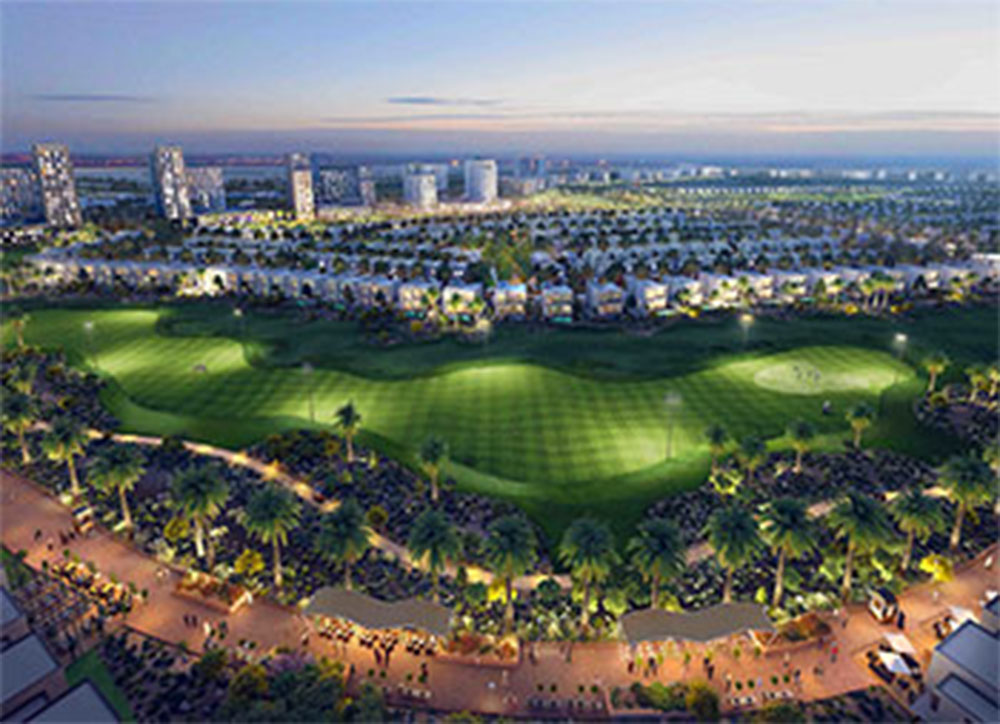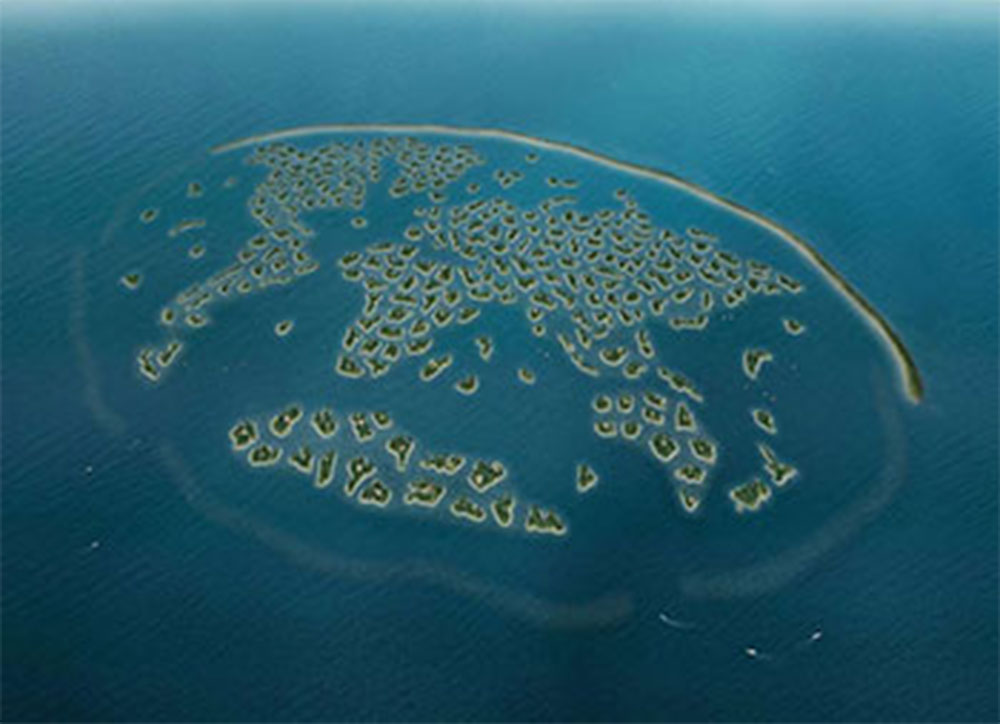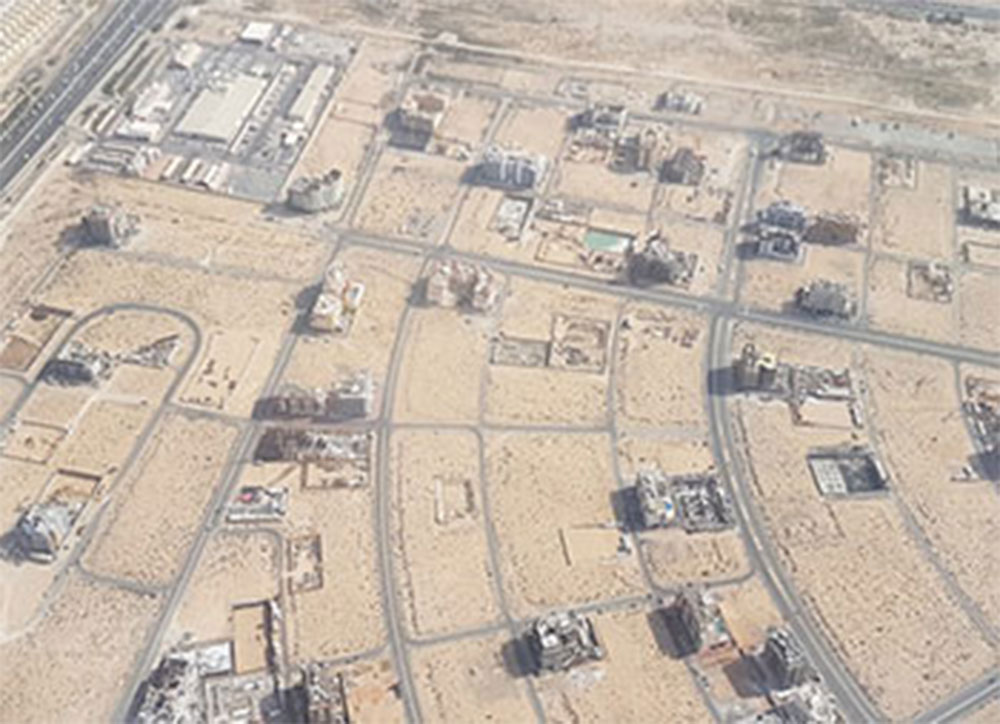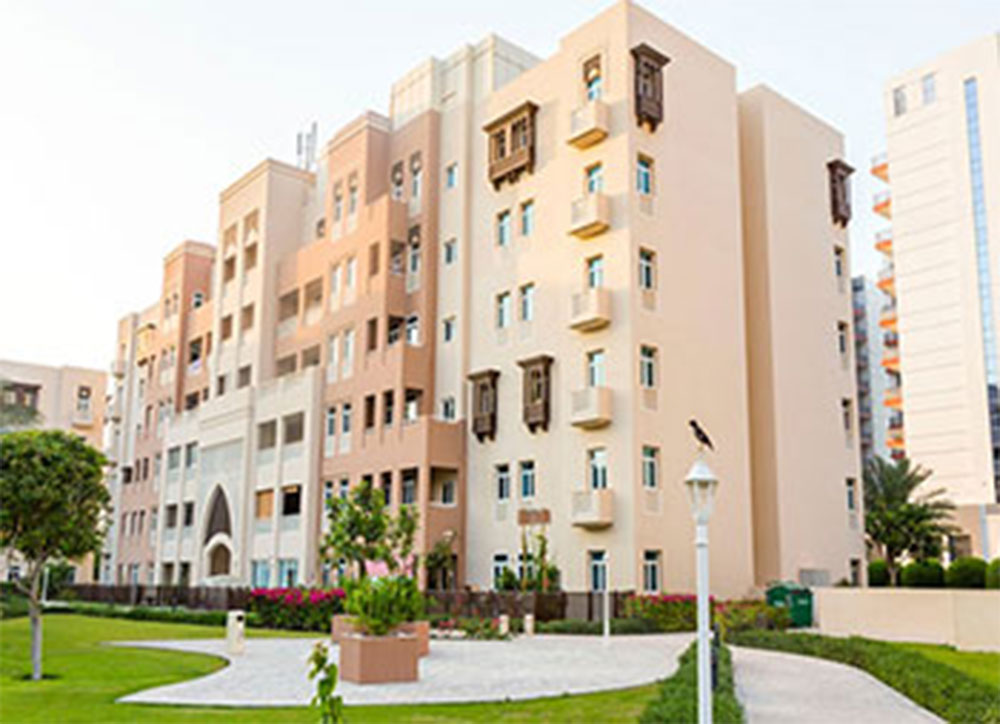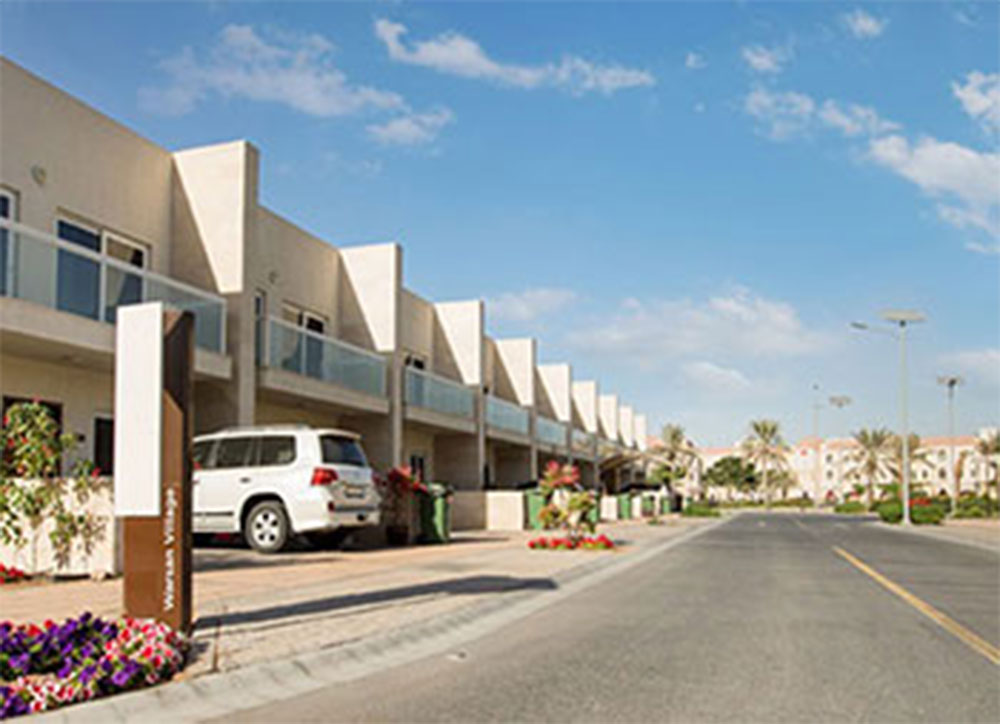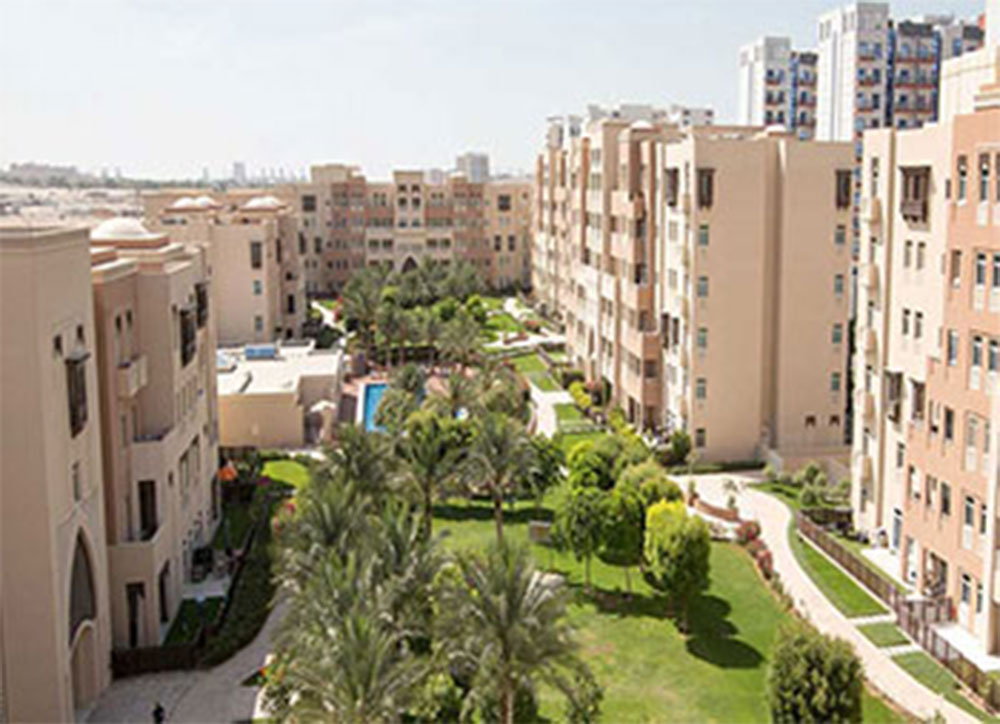Indians are among top 3 nationalities, who have been investing in properties in the emirate since 2017.
Affluent Indians continue to invest in properties in Dubai, despite the Covid-19 pandemic because the emirate tops as a dream destination.
Shajai Jacob, the Chief Executive Officer (CEO), Gulf Cooperation Council (GCC), Anarock Property Consultants, a realty firm, told Khaleej Times that a growing number of Indian entrepreneurs, including from small and medium enterprises, and professionals are investing in their second homes in Dubai.
“The quality of life in Dubai is much better than the cities they live in India,” said Jacob, who himself is based in Dubai.
“And it’s extremely well-connected to business destinations around the globe,” he said.
According to Jacob, who also travels extensively across India, Dubai offers annual rental yields between six and 10 per cent, which is way beyond the benchmark returns in most developed economies.
“A $1 million worth of investments can buy significantly more real estate space in Dubai than in most other cosmopolitan cities such as Mumbai, Shanghai, London, Singapore and Monaco,” he said.
Significantly, the Dubai real estate market is highly regulated. “Investors are protected by, and the developers are accountable to, a strictly implemented Real Estate Regulation Authority (RERA),” he said.
“This is a far more transparent and compliance-orientated market than any of its Indian counterparts. The stricter norms give considerable comfort to real estate investors,” he added.
The supply has been highly regulated since the Covid-10 pandemic, and an increase in demand would keep property prices on the upward trajectory in the near future, Jacob said.
Indians are eyeing properties in Dubai more than ever before, he said.
Investing in real estate has emerged as the quickest way to get a residency permit in the UAE, and since 2017, Indians have ranked amongst the top three nationalities investing in property in Dubai.
In 2019, Indians contributed 16 per cent of the housing sales in Dubai by volume, investing more than Dh8 billion in the sector. The interest in Dubai real estate has peaked since the contagion struck last year.
The first quarter (Q1) of this financial year, which is between January and March, reported a 15 per cent growth rate in the number of real estate transactions, as compared to the same period in 2019.
“Indians, who are high net worth individuals (HNIs), have displayed differing predilections when looking for homes in Dubai since the pandemic struck,” Jacob said.
“For some, the grandeur and exclusivity they are used to in India is a major factor, and these buyers inevitably gravitate towards Palm Jumeirah, Marina and Downtown. But most have shown a preference for the best options that are available. Budget is not a constraint if all the trappings and accoutrements are in place.”
Indians, who are solely looking at return on investments (RoIs), are eyeing marquee locations such as Jumeirah Village Circle, Jumeirah Lake Towers, Meydan and Dubai Hills Estate.
“These locations offer very satisfactory returns on investments and the entry price is also very attractive,” he added.
Another demand variant, said Jacob, is in terms of housing typology, and largely involves either apartments or villas. Family structure plays a big role with newly married couples preferring to stay in apartments, while larger families opting for independent villas.
Jacon said that Dubai’s real estate market has been on a stellar growth path since January.
“From the vantage point of June 2021, each of the last few months have been record-breaking with respect to real estate sales,” he said.
“January 2021 saw 3,300 property transactions cumulatively valued at Dh6.94 billion, an increase of 15.5 per cent in net worth volume and 37 per cent in sales volume from January 2020. March 2021 saw 4,643 transactions, which was the highest in 16 months. April saw 4,832 transactions, making it the best month for property sales in Dubai since March 2017,” he said
The total sales value of Dubai homes for the quarter touched Dh21 billion, registering a growth of 5 per cent over 2019 Q1.
“A large part of this was driven by Indians,” he cited.
The viral outbreak has reimagined the way offices and schools function resulting in an increase in demand for larger-sized homes.
Many existing homeowners in Dubai are now upgrading from standard three-bedroom homes to more spacious three and a half bedroom, hall and kitchen (BHK) offerings because they provide added flexibility.
There is also a booming demand for short-term service apartments, with many professionals and business visitors staying in the city for a few weeks or months in connection with some major project.
“The short-term rentals operation is booming in Dubai and will continue over the coming months with several international business and sporting events to be held. Ultimately, Dubai’s real attraction is the way it is run,” Jacob said.
“The proactiveness of UAE rulers and the Dubai authorities have ensured that the city remains perpetually interesting for investors. Buoyed by a rebound in tourism and quick distribution of vaccines, business activity in Dubai is fast approaching pre-pandemic levels,” he added
Key changes have been made to company ownership laws and visa laws.
At present, Dubai allows 100 per cent ownership of businesses without the need of a local partner and the Golden Visa programme has been the biggest attraction among the aspirants of UAE residency.
Source: Khaleej Times
